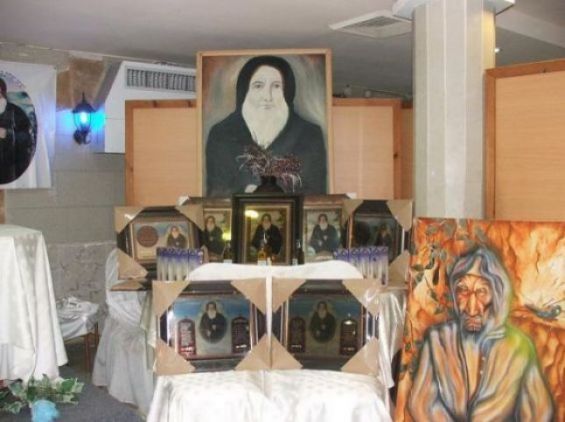Every 9th of Adar, the twelfth month of the ecclesiastical year on the Hebrew calendar, Moroccan Jews join the Jewish community to celebrate the Hiloula of tsaddik Rabbi Isthak Ben Walid (also known as Isaac Bengualid). Buried in the Jewish cemetery of Tetouan, this respectful saint was born to a family from Castille, who left Spain for Morocco during the Reconquista in 1492.
Rabbi Isthak Ben Walid was born in 1777 in Tetouan, a city that had been a refuge of the Jewish community for centuries. The fatherless saint grew up in a family of Hakhams and from a very young age he had a great interest in Torah, wrote Haguesher.
After the death of his father, the difficult situation of his family forced his mother to sell her husband’s Talmudic manuscripts to survive. As a child, Isthak grew up with the desire of buying back the documents of his family. His love for the Torah was also an important part of his life and at the age of 17 he became a scholar. «He gained knowledge of Torah and Halakha to the point that he attracted the attention of several scholars who foresaw a great future for him», Torah-Box said.
The Av Beth-Din of Tetouan
When he turned 18, the rabbi was already a married man and the father of a child. When his first wife died, he married for the second time, fathering ten children. Alongside his family, the rabbi lived off «drafting contracts and the synagogue that he ran».

When he was twenty years old, Isthak Ben Walid occupied several positions. «To avoid being named Rav of Tetouan, he left Morocco to settle down in Gibraltar», the same source added. Representatives from the Jewish community in Tetouan then went to see him in Gibraltar and urged him to return to Tetouan to become the city’s Rav.
Ben Walid was only convinced by this offer when he dreamed that the position was, indeed, for him. He returned to the city to become Av and then Av Beth-Din for forty years.
Rabbi Isthak devoted his life to the study of the Torah and wrote his famous book «Vayomer Yitzchak», which contains a series of questions and their answers. This book became an «essential reference for the decision-makers who consult it before issuing legal decrees». Thus, according to the «Encyclopaedia of Jews in the Islamic world», Rabbi Isthak Ben Walid was appointed, in 1835, head of the rabbinical court in Tetouan.
Before dying, on 9 Adar 1870, in Tetouan, Rabbi Isthak Ben Walid would have been, in 1862, «the instigator of the opening of the first school of the Alliance Israélite Universelle», the same source said.
The Ben Walid and the miraculous cane
Like every Jewish saint, Rabbi Isthak Ben Walid is behind mystical stories related to his miracles. According to Hguesher, he had a stick passed down from one generation to another, which he used as a cane. «With the help of this stick, Rabbi Isthak performed miracles; he brought healing to the sick and helped future mothers».

Regarding miracles related to fertility, Hguesher and the Hevrat Pinto Foundation website tell how one of the students of Isthak Ben Walid had children through the advice and prayers of the saint. «Rabbi Yechaya ben Naim did not have children for many years. His teacher had then advised him to go to pray at the tomb of Rabbi Amram Ben Diwan in Ouazzane, so that the merit of this tzadik intercedes in his favor with the heavenly throne and his wish would be granted ... And indeed, Rabbi Yechaya had had a son during the year».
It should be noted that Rabbi Isthak Ben Walid was nicknamed «Baba Señor» to distinguish him from his grandson, Rebbi Isthak, nicknamed «El Chiquito».





 chargement...
chargement...













